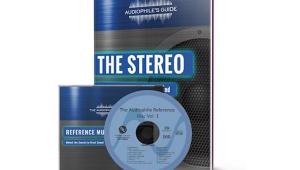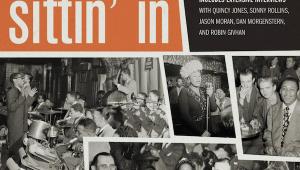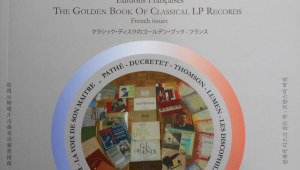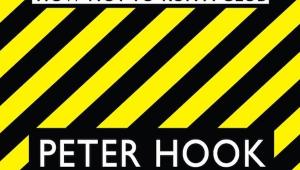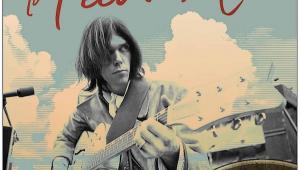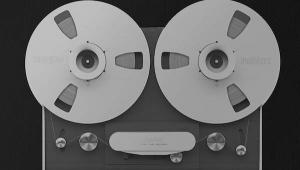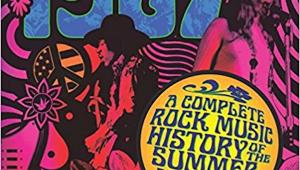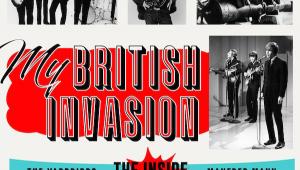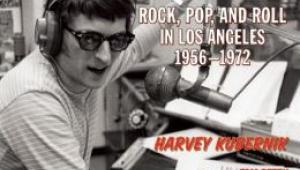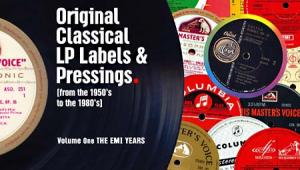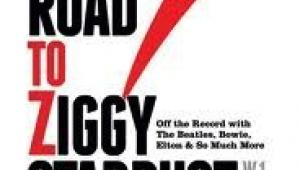Glyn Johns's Book "Sound Man" Is a Must Read For Analogplanet Readers
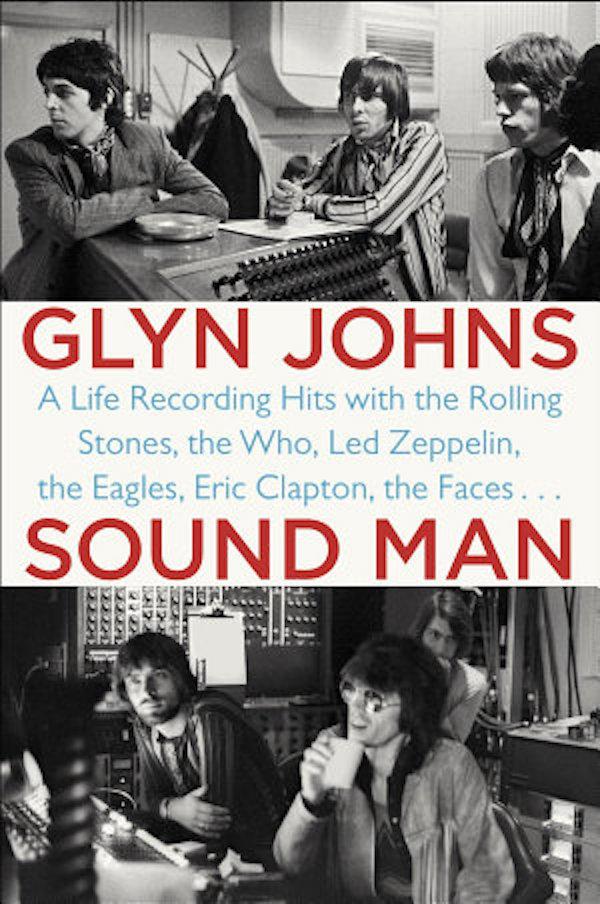
Of course Johns has engineered and/or produced some of the greatest records of the rock era and worked with the artists who created them and it would have been easy enough to write a salacious and exploitive book recounting the craziness and debauchery he witnessed (especially since he was probably the only completely sober person in the room during most of it) but that’s not what he’s produced and written.
“Produced and written” because it is Johns the producer who skillfully navigated Johns the artist (writer) through the turbulent celebrity “tell all” waters to produce a book that is short on exploitation and long on thoughtful and useful analysis.
While Johns doesn’t spare anyone with whom he’s had disagreements and dust-ups, (including and especially himself!) the book is more observational than judgmental and that is why it will be a great read for sound and music enthusiasts and less so for those more interested in celebrity.
Though he does talk about his famous drum sound (accidental he says) and credits the engineer (Dick Swettenham) who created the board at Olympic Studios for much of sonic magic created in that space, the book is anything but a sound production technical manual.
So if “Sound Man” is not a celebrity smackdown and its not a tech manual, exactly what is it? It’s mostly a book filled with unlikely adventures that resulted from being in the right place (recording studios) at the right time (1960’s-‘70’s and to a lesser degree beyond those decades). He also credits incredible luck for much of his success.
Yes, clearly he always seemed to be where the action was, but that’s no guarantee of success. He doesn’t so much explain why he was successful as that’s demonstrated by the decisions he made and the actions he took.
Johns was a keen observer of talent, though as he admits he often got it wrong, as when he whiffed on the greatness of Eric Clapton and Joe Strummer. But more often that not he made correct calls and found ways to translate to tape the talent he recognized.
As with Ken Scott’s book “Abbey Road to Ziggy Stardust….” you can feel deflation and disappointment as the decades pass and both the music and the system that produced the recorded documents changed.
Johns had and continues to have very strong opinions about music, musicians and what constitutes great sound, and the book is full of them. Much of the book deals with his work for The Rolling Stones but he’s got plenty to say about artists he did little work for, like The Band and Little Feat.
On one page he talks about recording in a few week’s time The Small Faces’ Ogden’s Nut Gone Flake,The Pentangle’s debut, Procol Harum’s Shine of Brightly, The Move’s debut and an album for the group Family.
Of course Johns has also recorded and produced the Who, Joan Armatrading, Steve Miller Band, John Hiatt and so many more. No doubt you’ll find out that he had a hand in many records the sound of which you love, without knowing Johns was responsible. That’s one of the fun aspect of the read, for “us”.
Take my word for this: this is a “laugh out loud” book in many places, unlikely as that might seem given the subject matter. Partly that’s due to the stories Johns tells, but mostly it’s because his writing is wickedly funny. He’s got an acerbic sense of humor that he unleashes when least expected.
After reading the book I got to interview Johns by phone for about forty minutes. It was not an easy interview! He was as opinionated and difficult in the interview as he came across in the book as being! At one point as you’ll hear, he accused me of disagreeing with everything he was saying though that was not my intent and I didn’t think I was doing that when he said it. I though he was going to hang up on me, but fortunately he did not.
By the end I felt we’d reached a good place for further discussion but time was up. He did talk about his strong enthusiasm and preference for analog tape and vinyl and his distaste for working with ProTools except when absolutely necessary.
But back to the book (the interview will be published (as audio) when the new Clapton album he produced and engineered is released on double 45rpm AAA vinyl (soon).
“Sound Man” is a thoroughly entertaining memoir, filled with great anecdotes and insights told by someone who was both there and who documented to tape through his unique sonic sensibility what we love from that era.
I couldn’t put it down and I suspect you won’t be able to either!
